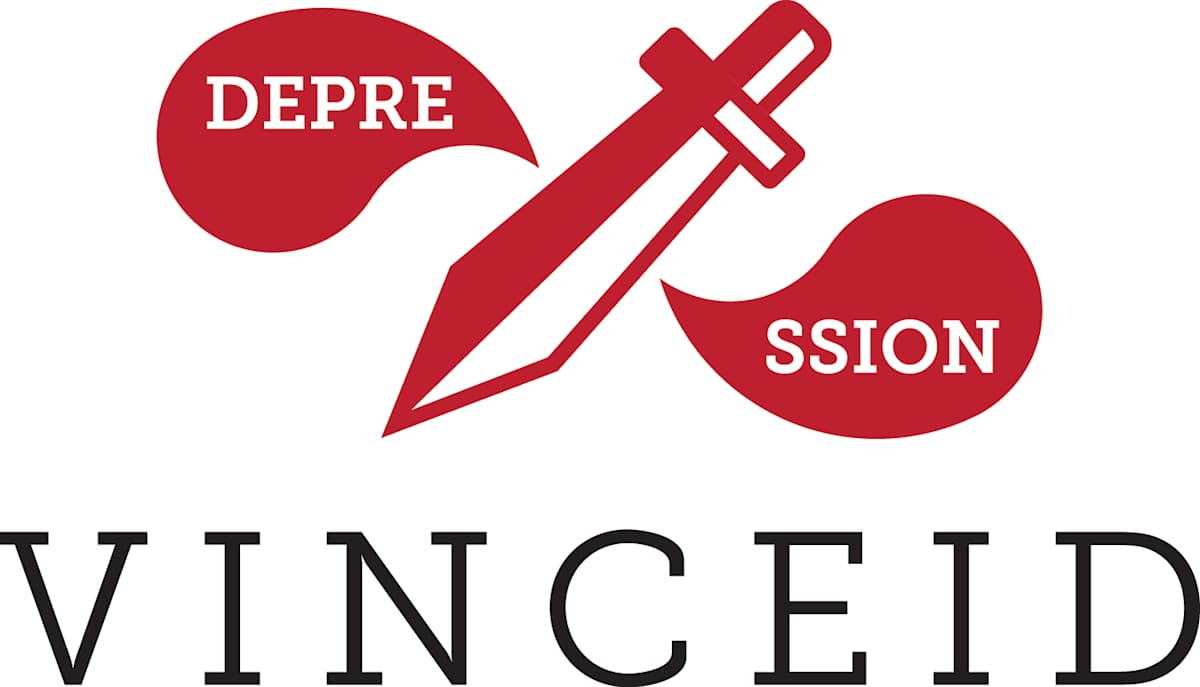Below is a set of reviews by AI of this Book.
You see what it says/suggests...
BUT AI didn’t know what the Author was thinking as she wrote..
Or did it?
You’ll have to read on to get the answer(s)!
In the context of "The Legal Sanctity of Marriage - Part 9", "artificial intelligence" refers to the development of computer systems capable of performing tasks that typically require human intelligence, such as learning, problem-solving, and decision-making. "Artificial aids," on the other hand, generally refers to devices or systems that assist humans with physical tasks or limitations, like artificial limbs or hearing aids. The legal discussion surrounding marriage and AI often explores whether AI systems could be considered legal persons with the capacity to marry, while artificial aids are typically not involved in such legal considerations.
Here's a more detailed breakdown:
Artificial Intelligence (AI):
Definition:
AI involves creating computer systems that can perform tasks that normally require human intelligence.
Examples:
This includes things like machine learning, natural language processing, and expert systems.
Legal Relevance to Marriage:
The potential for AI to develop human-like relationships and the possibility of human-AI matrimony raises legal questions about personhood, contractual capacity, and the nature of marriage itself.
Ethical Considerations:
The possibility of humans marrying AI also brings up ethical concerns about the nature of relationships, consent, and the potential for exploitation or bias.
Artificial Aids:
Definition:
Artificial aids are devices or systems that assist humans with physical limitations, often related to mobility, hearing, or vision.
Examples:
Artificial limbs, hearing aids, glasses, and dentures fall into this category.
Legal Relevance to Marriage:
Artificial aids are generally not involved in discussions about the legal sanctity of marriage because they don't possess the capacity for relationships or contractual agreements.
Ethical Considerations:
Ethical considerations around artificial aids often involve issues of accessibility, affordability, and the impact on human autonomy.
Key Differences:
AI aims to replicate or simulate human intelligence, while artificial aids primarily enhance or compensate for physical limitations.
AI raises questions about legal personhood and the capacity for relationships, while artificial aids do not.
The legal discussion around marriage and AI focuses on whether an AI entity could be considered a legal person with the capacity to marry, while artificial aids are not typically considered in this context.
>>>>>>>>>>>>>
